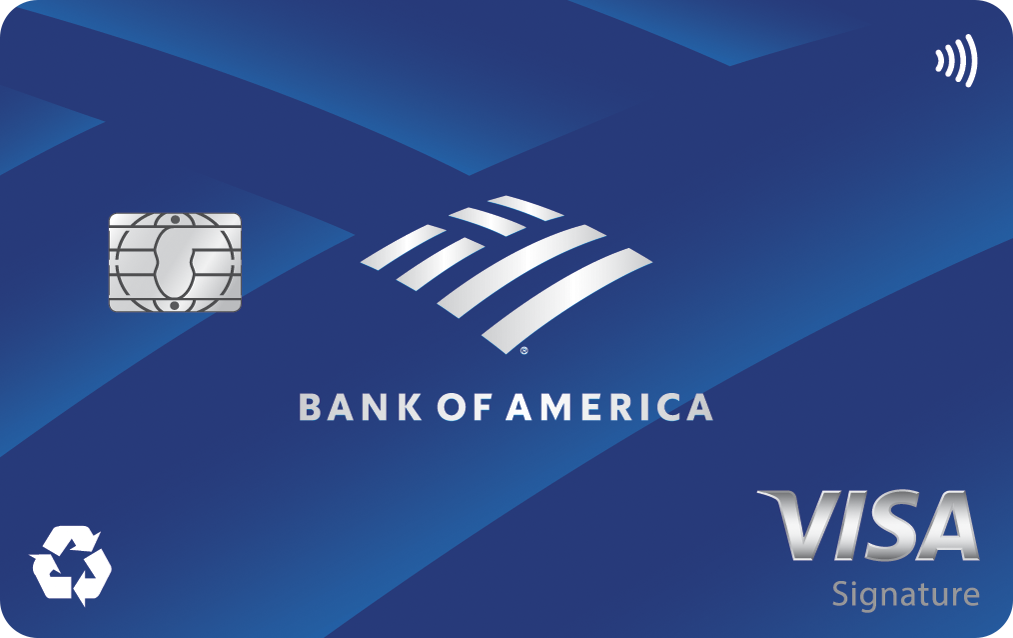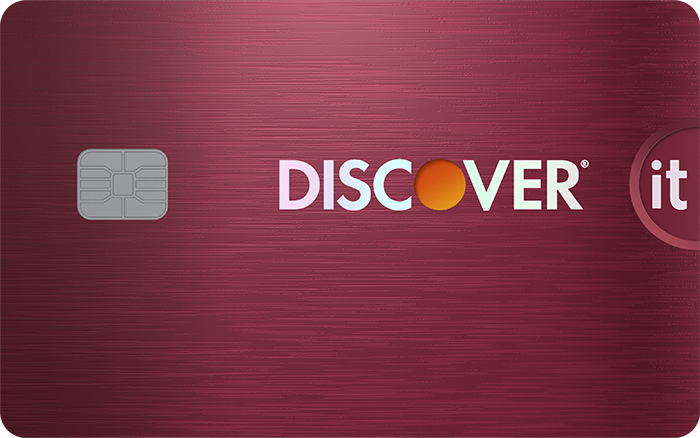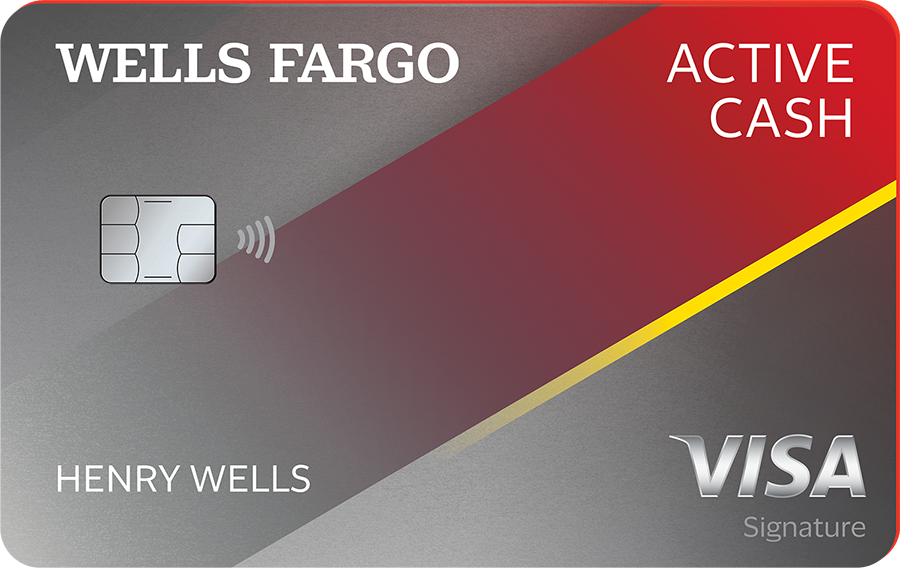If you have high balances on your credit cards, you might wonder how much credit card debt is too much. As a general rule, it's best not to accumulate any credit card debt, but sometimes you need to do it.
Credit card debt can be hard to pay off, so it's important to know when you have too much and when it's still manageable. By figuring this out, you can decide if you need to make some serious changes, or if you'll be fine simply paying your bills as usual.
How much credit card debt is too much?
The clearest sign that you have too much credit card debt is when you can't afford the minimum payments. At that point, card issuers will start charging you late fees. Once your payment is 30 days past due, it can go on your credit report and hurt your credit score.
LEARN MORE: How Does a Late Payment Affect My Credit Score?
If you can't pay a credit card bill, or you've already fallen behind on payments, then you need to make some changes.
Here are a few options that could help you improve your financial situation:
- Cut back on unnecessary expenses
- Refinance your debt with a personal loan or balance transfer card
- Work with a credit counseling agency
Even if you're able to make your payments on time, your credit card debt might still be an issue. Here are a few warning signs that you could be reaching the danger zone with your credit card debt.
You've maxed out one or more credit cards
Maxing out a credit card is when you've spent your entire credit limit, which is the maximum amount you can spend on the card. Card issuers normally decline any transactions that would cause you to go over your credit limit.
If you've maxed out a credit card, it can have negative consequences. You won't be able to use the card until you've paid down the balance. A high credit card balance also raises your credit utilization ratio, which can lower your credit score.
LEARN MORE: What Is a Credit Utilization Ratio?
Your balances are increasing every month
One of the difficult things about credit card debt is how it can sneak up on you. It's sometimes caused by one big expense, but just as often, it's the result of balances gradually increasing every month. Eventually, what was previously a small, manageable amount has grown by thousands of dollars.
When your credit card balances are growing, that's a red flag to watch for. Whenever possible, it's good to be proactive about paying down those balances before they become a much more serious problem.
You're only making minimum payments
You have too much credit card debt when you can't pay the minimum, but it might also be an issue if you're only making the minimum payment. It can take years to pay off credit card debt when only paying the minimum due each month. If you're in this position, see if you can free up any more money so your monthly payment makes more of a dent in what you owe.
To see how much credit card debt can cost you and how paying more can make a huge difference, use the debt repayment calculator below.
How credit card debt can affect you
Credit card debt has several potential consequences, including:
- Interest charges
- Impact on your credit score
- Legal action
- Not qualifying for new credit cards
Here's more information on the ways credit card debt can affect your life.
Interest charges
Your credit card issuer can charge you interest on any balance you don't pay in full by the due date. Because most credit cards have a high interest rate, this is one of the most dangerous parts of carrying a balance. Interest charges can add hundreds or even thousands of dollars per year to your balance.
Your credit score
Your credit score is a measure of your creditworthiness. There are a couple ways credit card debt can damage your credit score:
- High balances: A major factor in your credit score is your credit utilization ratio (your credit card balances divided by their credit limits). Once this number gets above about 30%, it's bad for your credit. So, if you have $5,000 in credit card debt and $10,000 in credit limits, that 50% utilization would hurt your credit.
- Late payments: If your credit card payment is late by 30 days or more, the card issuer can report it to the credit bureaus. This has a huge impact on your payment history, which is the most important factor in your credit score.
On the bright side, as you pay down credit card debt, that can help raise your credit score.
LEARN MORE: If I Pay Off a Credit Card, Will My Credit Score Change?
Legal action
If you don't pay your credit card account for long enough, there could be legal action. The credit card issuer could sue you and try to recover the debt in court. Or, if the card issuer sells the debt to a debt collection agency, the debt collector would also have the option of suing you.
LEARN MORE: Can a Credit Card Company Sue You?
Not qualifying for new credit cards
When you have too much debt, credit card companies will be reluctant to approve you for new cards. If you see a card you really like that offers a lot of value, you may not qualify for it. This isn't nearly as bad as the other consequences of credit card debt, but it's still worth mentioning and could be helpful as motivation to pay off your cards.
CHECK OUT TOP CARD OFFERS: Best Credit Cards
Getting control of your credit card debt
When you're dealing with heavy credit card debt, a good starting point is to set up a budget and figure out how much you can pay per month. From there, you can build a debt payment plan and look at options that will help you pay off your debt faster and more affordably.
Using a balance transfer card
One of the best ways to save money on credit card debt is with a balance transfer card. If you have good credit, you could qualify for a card with a 0% intro APR on balance transfers. That means you can pay down your debt interest-free during your balance transfer card's intro period.
Credit card comparison
We recommend comparing options to ensure the card you're selecting is the best fit for you. To make your search easier, here's a short list of standout credit cards.
| Offer | Our Rating | Welcome Offer | Rewards Program | APR | Learn More |
|---|---|---|---|---|---|
|
Rating image, 4.50 out of 5 stars.
4.50/5
Our ratings are based on a 5 star scale.
5 stars equals Best.
4 stars equals Excellent.
3 stars equals Good.
2 stars equals Fair.
1 star equals Poor.
We want your money to work harder for you. Which is why our ratings are biased toward offers that deliver versatility while cutting out-of-pocket costs.
|
Discover will match all the cash back you’ve earned at the end of your first year. | 1% - 5% Cashback Earn 5% cash back on everyday purchases at different places you shop each quarter like grocery stores, restaurants, gas stations, and more, up to the quarterly maximum when you activate. Plus, earn unlimited 1% cash back on all other purchases. |
Intro: Purchases: 0%, 15 months Balance Transfers: 0%, 15 months Regular: 18.24% - 27.24% Variable APR |
||
|
Rating image, 5.00 out of 5 stars.
5.00/5
Our ratings are based on a 5 star scale.
5 stars equals Best.
4 stars equals Excellent.
3 stars equals Good.
2 stars equals Fair.
1 star equals Poor.
We want your money to work harder for you. Which is why our ratings are biased toward offers that deliver versatility while cutting out-of-pocket costs.
|
$200 cash rewards Earn a $200 cash rewards bonus after spending $500 in purchases in the first 3 months. | 2% cash rewards Earn unlimited 2% cash rewards on purchases. |
Intro: 0% intro APR for 12 months from account opening on purchases and qualifying balance transfers Purchases: 0% intro APR, 12 months from account opening Balance Transfers: 0% intro APR, 12 months from account opening on qualifying balance transfers Regular: 19.24%, 24.24%, or 29.24% Variable APR |
||

Apply Now for Bank of America® Travel Rewards credit card
On Bank of America's Secure Website. |
Rating image, 4.00 out of 5 stars.
4.00/5
Our ratings are based on a 5 star scale.
5 stars equals Best.
4 stars equals Excellent.
3 stars equals Good.
2 stars equals Fair.
1 star equals Poor.
We want your money to work harder for you. Which is why our ratings are biased toward offers that deliver versatility while cutting out-of-pocket costs.
|
25,000 points 25,000 online bonus points after you make at least $1,000 in purchases in the first 90 days of account opening - that can be a $250 statement credit toward travel purchases | 1.5-3 points per dollar Earn unlimited 1.5 points per $1 spent on all purchases, with no annual fee and no foreign transaction fees, and your points don't expire as long as your account remains open. Earn 3 points per $1 spent on travel purchases booked through the Bank of America Travel Center. |
Intro: 0% Intro APR for 15 billing cycles for purchases. 0% Intro APR for 15 billing cycles for any balance transfers made in the first 60 days. After the intro APR offer ends, 18.24% - 28.24% Variable APR on purchases and balance transfers will apply. A 3% fee for 60 days from account opening, then 4% fee applies to all balance transfers. Balance transfers may not be used to pay any account provided by Bank of America. Purchases: 0% Intro APR for 15 billing cycles for purchases Balance Transfers: 0% Intro APR for 15 billing cycles for any balance transfers made in the first 60 days Regular: 18.24% - 28.24% (Variable) |
Apply Now for Bank of America® Travel Rewards credit card
On Bank of America's Secure Website. |
Credit card debt can be stressful, but there are ways to pay it down, even if it takes a little time. If you're in this boat, you're not alone. And the good news is that paying down those bills may help improve your credit score over time -- and give you more peace of mind, too.
Still have questions?
Here are some other questions we've answered:
FAQs
-
$2,000 in credit card debt is manageable if you can pay more than the minimum each month. If it's hard to keep up with the payments, then you'll need to make some financial changes, such as tightening up your spending or refinancing your debt. Even if you have no trouble making your payments, it's still a good idea to pay off your credit cards as quickly as possible to avoid further interest charges.
-
Credit card debt is something you should try to avoid whenever possible, but it's not necessarily good or bad. There are negative consequences to credit card debt, most notably expensive interest charges. However, there are situations where credit card debt is the best available option. Some people need to go into credit card debt because they're out of work or because of expensive medical bills. In these situations, 0% intro APR credit cards are a good way to save money on interest.
-
Yes, paying off credit card debt can help your credit score. When you reduce your credit card balances, that lowers your credit utilization ratio, which is the ratio of your balances to your credit limit. A lower credit utilization is good for your credit score.
We're firm believers in the Golden Rule, which is why editorial opinions are ours alone and have not been previously reviewed, approved, or endorsed by included advertisers. Motley Fool Money does not cover all offers on the market. Motley Fool Money is 100% owned and operated by The Motley Fool. Our knowledgeable team of personal finance editors and analysts are employed by The Motley Fool and held to the same set of publishing standards and editorial integrity while maintaining professional separation from the analysts and editors on other Motley Fool brands. Terms may apply to offers listed on this page.
Please note that this calculator is not personalized financial advice and should not be considered or used as such. Nor are we promising that by use of this calculator, will you be able to save more money, preserve wealth, or otherwise.
The Motley Fool owns shares of and recommends Visa.

